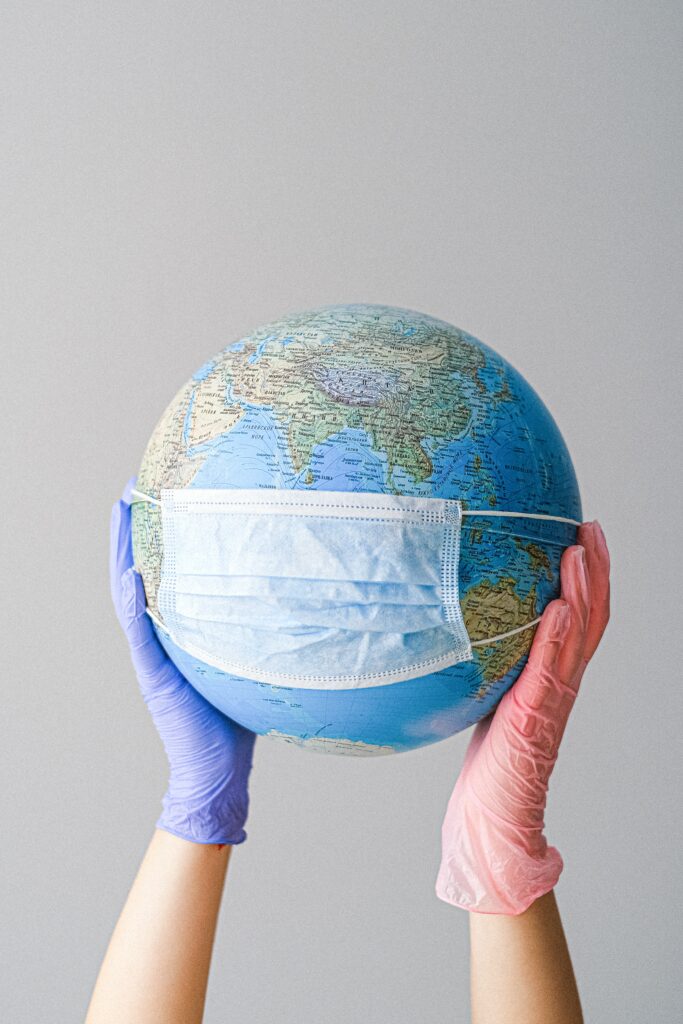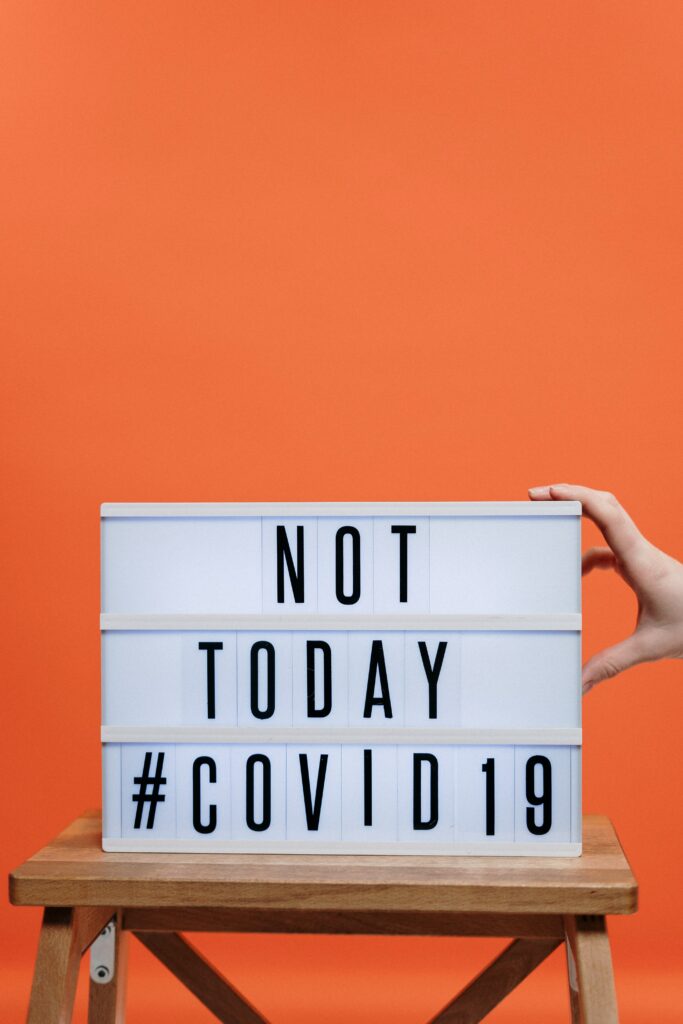Mental Health during the Covid-19 Pandemic
As the pandemic continues and we are all noticing some effects of the changes we are experiencing in our daily lives. For some of us, there are extra stressors related to finances. For others, the lack of social contact is the biggest challenge. At the time of writing this newsletter, Ottawa Public Health has recently declared that Ottawa is in a second wave. Here are some resources and tips to help us get through this while taking care of ourselves and taking care of each other.

Local Resources
Ottawa Public Health has created a guide that outlines many options for mental health resources in Ottawa and the region. https://www.ottawapublichealth.ca/en/public-health-topics/resources/Documents/mental_health_resource_guide_en.pdf
- If you or someone you care about are in crisis, you can call 911.
- Eastern Ottawa Community Resource Centre – offers counselling, family counselling, health services and resources: 613-741-6025 www.eorc-creo.ca
- Orléans-Cumberland Community Resource Centre – offers crisis support, counselling, family counselling, support groups, health services, and resources: 613-830-4357 www.crcoc.ca
- The Royal Ottawa Mental Health Centre – offers assessment, treatment, and rehabilitation for adults and youth with serious mental illnesses. 613-722-6521 www.theroyal.ca
- Crisis Lines:
- Child, Youth and Family Crisis Line of Eastern Ontario – provides professional help in English and French for children, youth, and families in crisis. Available 24/7. 613-260-2360 www.icrs.ca/en
- Community and Social Service Referrals – provides information and referrals in English and French to individuals and families living in Eastern Ontario – 211 www.211ontario.ca
- Drugs and Alcohol Helpline – provides information about drug and alcohol addiction services in English, French and over 170 other languages. Available 24/7. 1-800-565-8603 www.drugandalcoholhelpline.ca
- Femaide – a provincial telephone helpline for francophone women who are dealing with violence and/or who have been sexually assaulted. Available 24/7. 1-877-336-2433 www.femaide.ca
- Kids Help Phone – provides support in English and French for youth under the age of 20. Available 24/7. 1-800-668-6668 www.kidshelpphone.ca
- Mental Health Crisis Line – an all-encompassing crisis service offered in English and French. Available 24/7. 613-722-6914 or 1-866-996-0991 www.crisisline.ca

Centre for Addiction and Mental Health (CAMH)
CAMH has several resources on their website specifically related to the Covid-19 Pandemic. You might associate their work with Toronto, but they also offer regional services and online services across the province of Ontario. For more information about Ottawa Regional Offices and options, you can call Toll-free 888 441-2892 or 613 569-6024.
- Covid-19 Discussion Forum – an online discussion forum where you can offer support, encouragement, and share your experiences with managing your stress and anxiety related to the Covid-19 Pandemic. You can view the forum as a guest, or you can create an account and log in if you want to post or reply in the forum. It runs weekdays from 8:00am to 5:00pm and weekends from 9:00am to 4:00pm.
- Research on the impacts of the pandemic on mental health and substance use – CAMH and research technology company Delvinia have conducted three national online surveys between May and July 2020. There is a dashboard sharing the findings. If you are noticing increased feelings of anxiety, depression, loneliness, or substance use during the pandemic. You are not alone. Reach out for help.
- Resources for Health Care Workers – there are many people in our community that are front line workers. In order to take care of others, it is important to take care of yourself too. There are resources for self-care, professional support groups, and resources for supporting your patients and families. You can self-refer for psychotherapy and psychiatric services with The Royal Mental Health Centre in Ottawa thanks to a partnership with the Ministry of Health and Ontario Health if you are:
- A health care worker in Ontario
- You are impacted by stress related to Covid-19 and
- You need mental health and/or addictions support
- Loss, grief and healing – there is a whole section with information related to helping us make sense of the feelings we are having due to losses we have all experienced due to the Covid-19 pandemic. How can we cope with experiences such as the loss of a loved one, the loss of a job, the loss of social connection, the loss of or harm to relationships, academic loss, loss experienced by health care providers, loss of rituals and routines, or loss of mental health support.
- Stress and Anxiety – even for those of us who feel we are coping well throughout the pandemic, we have all experienced an increase in stress and uncertainty. There are resources providing coping strategies as well as personal assessment tools to allow you to figure out where you are at as you adapt. There are many detailed strategies outlined, and simple things like eating healthily, getting proper rest and sleep and staying active are part of the puzzle.

Where to get facts about Covid-19:
Since everyone is feeling increased stress and anxiety, it is easy to get drawn into misinformation online. Be careful about trusting information you find circulating on Facebook and social media sites. Sharing misinformation through memes, jokes and attack posts does not help anyone.
There is a lot of reliable information that is easy to access:
- Ottawa Public Health: https://www.ottawapublichealth.ca/en/public-health-topics/novel-coronavirus.aspx
- There is a Daily Covid-19 Dashboard that provides detailed information on the current number of active cases, new cases, and demographics in Ottawa: https://www.ottawapublichealth.ca/en/reports-research-and-statistics/daily-covid19-dashboard.aspx
- Province of Ontario: https://covid-19.ontario.ca/index.html
- Government of Canada: https://www.canada.ca/en/public-health/services/diseases/coronavirus-disease-covid-19.html

The COVID Alert Mobile App
One way you can help to protect yourself and your community is to download the app so that you know if you are exposed to Covid-19, and let others know if you test positive without sharing any personal information. The app does not trace your location, collect your contact information, or collect health information. Here’s how it works:
- As you go about your day, COVID Alert runs in the background and:
- uses your smartphone’s built-in Bluetooth function to detect how close you are to other people with the app
- exchanges random codes with other, nearby app users every 5 minutes
- saves the codes on your phone for 14 days
- The random codes cannot be used to identify you or your location.
- If you test positive, you can use the app to notify others by:
- getting your unique one-time key from the Test Results Website
- entering it into the app
- The app only uses the random codes – it does not collect or share any health information about you.
- Every day, when you have an internet connection, COVID Alert looks for matches between the random codes on your phone and the random codes from people who have told the app they have tested positive.
- Even if it finds matching codes, the app will not know who they belong to.
- If the app finds matching codes, it means that in the past 2 weeks you were within 2 metres of an app user for more than 15 minutes, and that user has since tested positive. So you will get an alert with:
- a message that you may have been exposed to COVID-19 19
- advice on what to do next
- Because no personal information or location data is shared, the app will not know where or when you were exposed.
